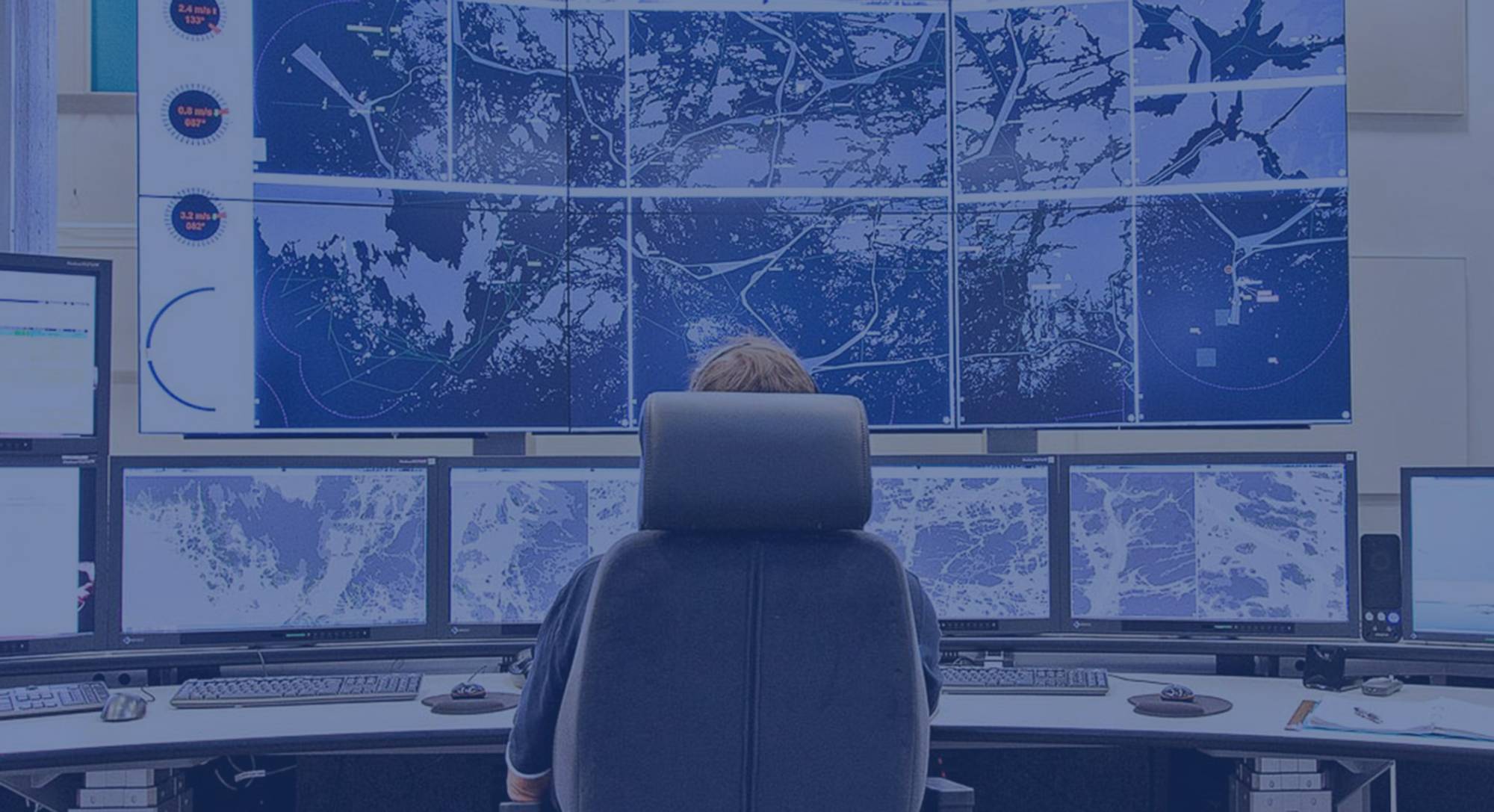Alumni Story: Esa Kallio
Bachelor of Maritime Management, Captain
Master of Engineering, Autonomous Maritime Operations

”I have two degrees from Novia UAS: Bachelor of Maritime Management (Sea Captain); and Master of Engineering in Autonomous Maritime Operations. The first degree was a sort of induction to the maritime world, and the latter degree focused more on a specific aspect of the maritime field, providing a deeper dive into the trends of future autonomous maritime ecosystems.”
In short: Tell us about your career. How did you get into your current profession and which factors impacted your choice to pursue this field?
My current position is Development Manager at a Finnish state-owned company, Fintraffic Vessel Traffic Services (Fintraffic VTS Ltd).
Vessel Traffic Services worldwide aim to contribute to the safety of vessel traffic by collecting, analyzing, and sharing information to prevent the development of dangerous maritime traffic situations.
Before entering my current role, I worked as a VTS Operator and Deck Officer onboard a wide variety of Finnish cargo ships. My last ship was MS Mimer in the Caribbean before I shifted to working on shoreside.
What is the best thing about your profession?
My tasks include producing operational processes and guidelines for the Finnish VTS, which means that my goal is to increase the level of safety and effectiveness of vessel traffic, as well as protect the environment.
The possibility to actually impact maritime traffic and the environment motivates me a lot. My work is very abstract, but what I design and develop, together with other experts, has a concrete effect on how things progress in the real world.
How has your education impacted your choice of career and how you got to that field? Do you feel that your education has been of value to your professional life?
The only way to advance to VTS Operator positions is through working onboard vessels, at sea. A Deck Officer license is a prerequisite for applying for VTSO vacancies. Therefore, having a background in maritime studies is not only recommended, but is a must.
A great number of the VTSO’s who have worked at sea have even obtained a master’s degree, as well. Originally, my interest in VTS arose during the early study days, when my class did an excursion to the VTS center in Katajanokka, Helsinki.
I have two degrees from Novia UAS: Bachelor of Maritime Management (Sea Captain); and Master of Engineering in Autonomous Maritime Operations.
The first degree was a sort of induction to the maritime world, and the latter degree focused more on a specific aspect of the maritime field, providing a deeper dive into the trends of future autonomous maritime ecosystems.
Both degrees are extremely relevant for my current role, which is indeed a forward-looking one.
What do you miss the most from your time studying?
My master level studies took place during COVID-19, so what I won’t miss are the endless online lectures. In the span of 1,5 years, I only met my teachers and classmates virtually.
However, being part of the community is something that I do miss. There are not many similarly substance-oriented occasions, where exchanging ideas and raising questions would be so easy.
I strongly encourage everyone to utilize and embrace those possibilities to the fullest.
What are your plans for the future?
My long-term career goal is to proceed to a leading position in the public maritime domain and to study more at some point.
Currently, I’m very pleased with my present role as there are plenty of interesting challenges ahead of me.
For instance, the digitalization and gradual advent of autonomous ships, in varying degrees of autonomy, pose fascinating prospects in the coming years.


